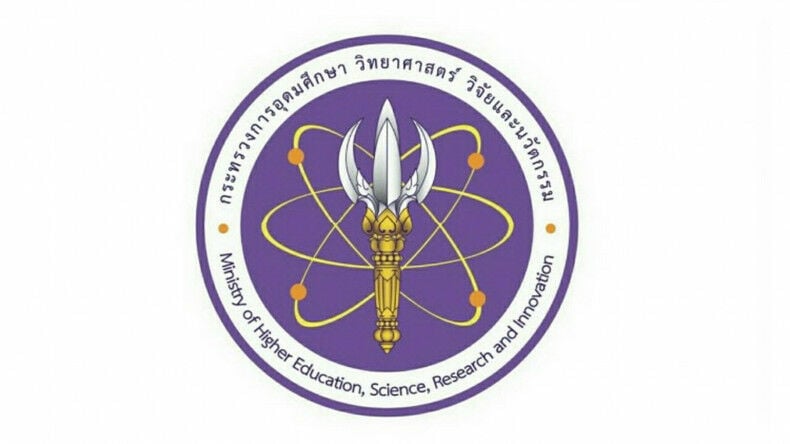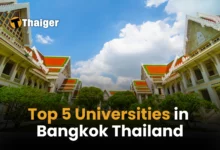Thailand aims to become education hub with global universities

The Ministry of Higher Education, Science, Research, and Innovation is planning to invite renowned overseas universities to set up campuses in Thailand as part of its initiative to position the country as a regional education hub.
Minister Supamas Isarabhakdi highlighted that Thailand offers significant potential for becoming a central educational destination in the region, citing factors such as affordable living costs, exceptional hospitality, delicious cuisine, and strong logistical infrastructure.
She also pointed out that many countries, including the UK and Singapore, have regulations limiting the number of foreign students at their universities. This presents an opportunity for universities to expand their campuses abroad, and Thailand is positioning itself as a prime location for such ventures.
The ministry is already looking ahead to next year, exploring potential partnerships with universities in the UK, Australia, and China. “We have seen positive signs regarding the possibility of these institutions extending their campuses to Thailand. If successful, this could contribute significantly to the country’s income,” Minister Supamas said.
Additionally, the ministry plans to upgrade all demonstration schools under its oversight to become international schools, offering global curriculums. This initiative aims to provide more affordable international education options for parents seeking to send their children to global schools, without the financial burden, reported Bangkok Post.
This strategy forms part of the ministry’s broader policy to enhance the country’s educational system and increase its global competitiveness.
In related news, the average monthly income of Thailand’s very poor families has plummeted, placing children’s education in jeopardy.
According to the Equitable Education Fund (EEF), these families’ earnings dropped to a mere 1,039 baht per month in 2023, down from 1,077 baht in 2020. This translates to a daily income of just 34 baht—far below the World Bank’s poverty line of 80 baht per day.
EEF’s 2023 annual report paints a grim picture: children from these impoverished households face a high risk of being unable to complete mandatory education (Mathayom 3, equivalent to Grade 9).
Latest Thailand News
Follow The Thaiger on Google News:


























